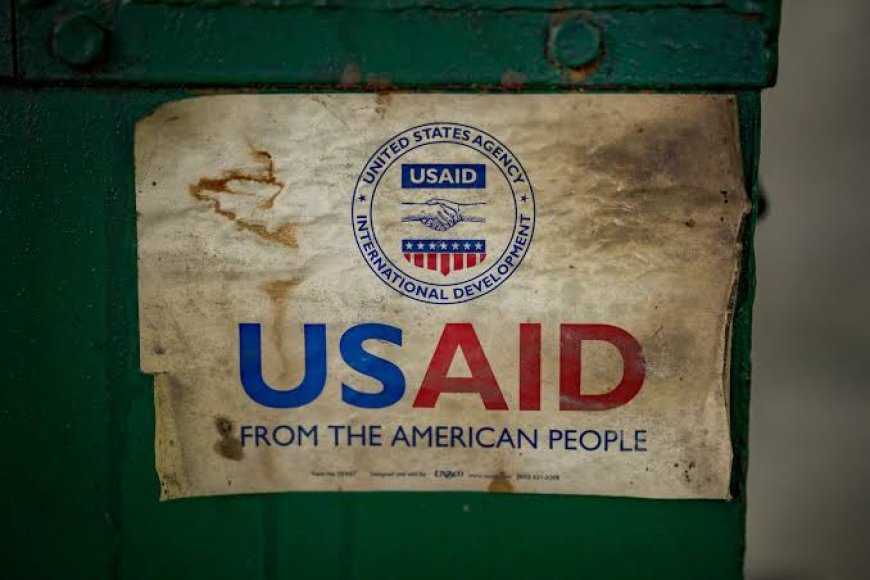As USAID fades, Can Nigeria Find Its Feet?

Anthony EKPO BASSEY
Once upon a time, the United States Agency for International Development (USAID) stood as a towering totem of hope for developing nations. Since its birth in 1961 under President John F. Kennedy, USAID became the helping hand stretched across oceans, delivering healthcare, humanitarian aid, and hope to the world's most vulnerable. In countries like Nigeria, it was a lifeline: fighting malaria, funding HIV treatment, equipping clinics, and educating communities.
Sadly, under President Donald Trump, that lifeline began to fray. With budget cuts, bureaucratic reshuffling, and a nationalist “America First” approach, USAID faced a slow dismantling. Though not abolished outright, its wings were clipped, its voice hushed, and its reach reduced. Like a well drying up in the dry season, the once-steady stream of support dwindled, leaving developing nations grasping at straws.
Nigeria felt the pinch. Hospitals that once leaned on USAID’s support were left holding the bag. HIV programmes faltered. Malaria nets stopped coming. Clinics stood empty and their shelves barren. For a country already stretched thin, the cracks grew wider.
Yet, as the African proverb says, “When the drumbeat changes, the dancers must adapt.” The ebb of foreign aid is not the end. It is a summons. A nation that relies forever on handouts is like a bird building its nest in the wind. Nigeria must now face the music: it is time to rise, rebuild, and take responsibility.
USAID saved countless lives by vaccinating children, feeding the hungry, and stemming the spread of disease. Its legacy is like rain in the desert which becomes transformative, life-giving and unforgettable. But foreign aid, no matter how generous, is not a forever fix. Rather, it is a ladder, not a throne.
The bitter truth? He who fetches water for others should not wash his hands first. Nigerian leaders must stop watching from the side-lines while their people suffer. They must fill the gap with home-grown solutions, affordable healthcare, clean water, quality education, and policies that prioritise people over politics.
As the saying goes: “Rome was not built in a day” but Nigeria cannot afford to sleep through the storm. The time for excuses has expired. As another proverb goes, “The child who is not embraced by the village will burn it down to feel its warmth.” Our citizens are crying out, not for aid, but for action.
Let this be a clarion call: the crutch has cracked. The mantle of responsibility lies at home. Nigeria must stand on its own two feet and build a future where no child dies from a curable disease, and no mother is left to suffer for lack of care.
The hour is late, but not too late. The world may step back but we must step up.












































